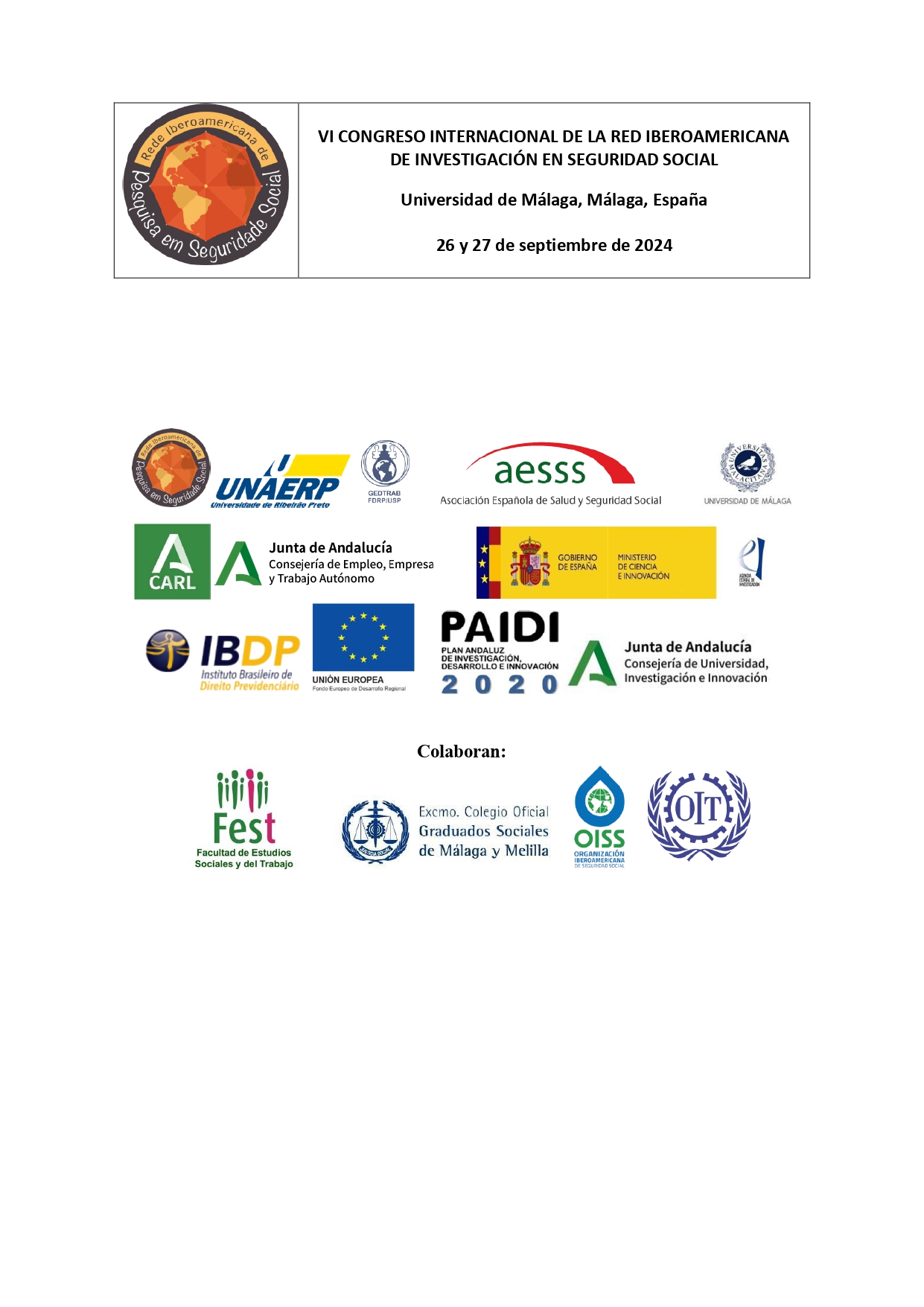INTERNATIONAL LEGISLATION FOR THE PROTECTION OF FOREIGN WORKERS: AN ANALYTICAL STUDY
Resumo
The issue of the rights of foreigners to work is currently of great importance in all countries. Most of these countries suffer from varying degrees of unemployment, and as a result, they prioritize the issue of foreign employment to protect their national workforce from the competition posed by foreign labor. Countries also consider the economic and developmental conditions of their societies when dealing with foreign workers. Even in countries not facing unemployment issues, which are considered destinations for foreign workers, they pay careful attention to the employment of foreigners. This is because they recognize the need to regulate their labor markets and control the social and economic aspects that influence migration for work in those countries. It is worth noting that the importance of this issue is prominent in the labor laws of all countries and is also recognized internationally. International law emphasizes the protection of foreign workers through international agreements that regulate the employment of foreign workers. This intervention is necessary because foreign workers are considered a vulnerable group, requiring international law to protect them and obligate the countries they work in to ensure fair treatment. The preamble of the International Convention on the Protection of the Rights of All Migrant Workers and Members of Their Families, adopted by the United Nations in 1990, highlights the need for such protection. The significance of the rights of foreigners to work in both national labor laws and international law is crucial for legal studies in various countries. Legal scholars explore these issues in the international and comparative legal frameworks to guide legislators in adopting solutions that align with societal conditions and national interests while complying with international legal provisions.
Downloads
Publicado
Edição
Seção
Licença
Copyright (c) 2025 Anais do Congresso Internacional da Rede Iberoamericana de Pesquisa em Seguridade Social

Este trabalho está licenciado sob uma licença Creative Commons Attribution 4.0 International License.









